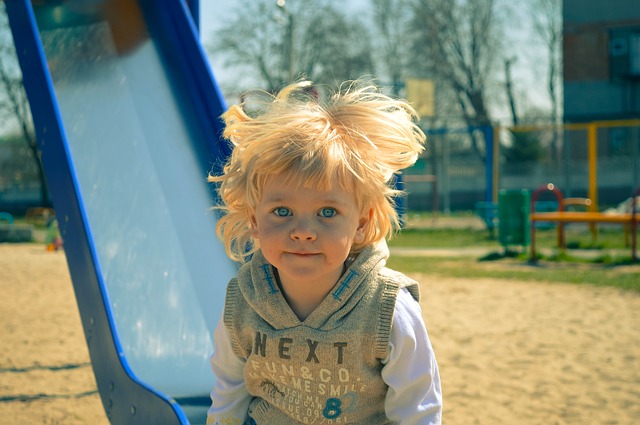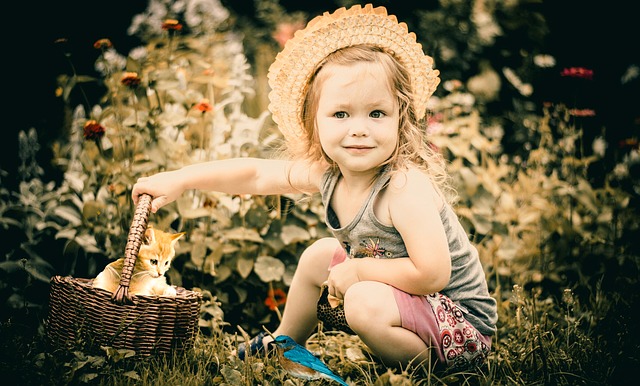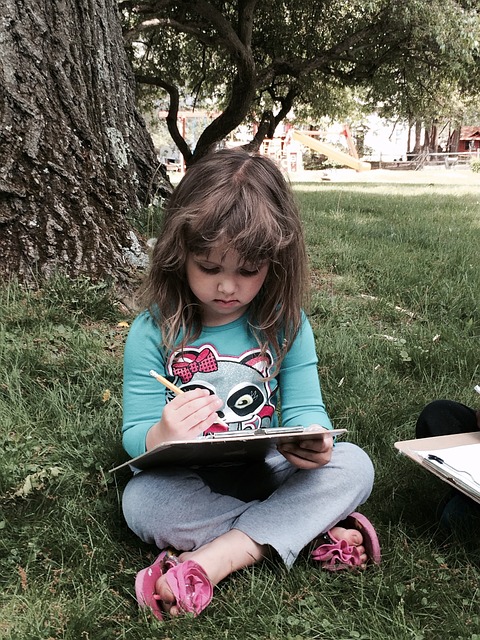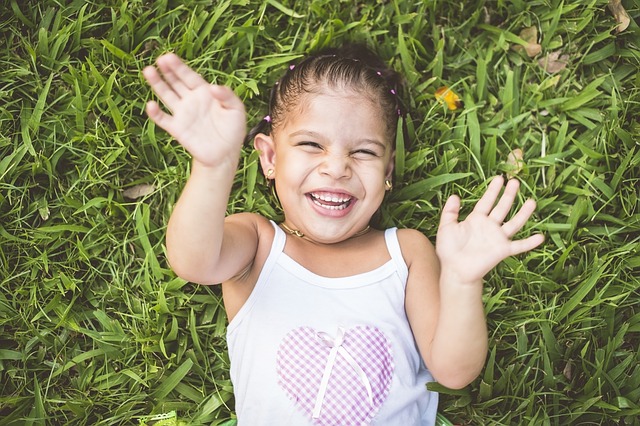Unfortunately, more and more children are chronically anxious nowadays. Whether it’s due to the fast lifestyle, the pressure they feel or the lack of free time, this is a problem that can be controlled and finally solved. For this reason, many parents are constantly looking for new strategies for building coping skills in children with anxiety.
Naturally, it’s very difficult for parents to see a young child suffer from anxiety. Therefore, many well-meaning parents unknowingly exacerbate anxiety by attempting to protect their children from experiencing negative emotions. But in fact, the goal of treatment for anxiety is to help children learn to manage their emotional responses to their triggers, not to avoid them. Not only that avoiding triggers will not help kids learn to cope, but also not all triggers are avoidable. Additionally, although avoidance might help children feel better at the moment, it can increase the fears over time. What they need to learn is to tolerate their anxiety and to develop coping strategies to manage it.

1 – Demystify anxiety
Psychology studies have shown that what helps us conquer our fears is understanding them. Once we figure out what we are afraid of or worried about, that fear gets smaller. Regardless of the type of anxiety, your child is struggling with, it is crucial that he or she understands what it means.
1. Anxiety is a perfectly normal adaptive reaction our body produces to tell us when we are in danger.
2. It becomes a problem when it tells us that there is a danger when there is no real danger whatsoever.
This is a very important first step, so explain to your kids that their feelings have a name and that there are many other kids and grownups with same problem. Once they understand what anxiety is, it is time to teach them how to make a difference between real danger and a false alarm.
Relaxation exercises
Relaxation is very important for kids to learn how to regulate both their emotional and physical responses. And in order to listen to you, you need to gain their trust. Teenagers can be especially challenging, which is why it is so important to build a connection with your teen. Show them you are on their side and you understand them. Here are some strategies for building coping skills in children with anxiety through relaxing techniques:
- Breathing deeply is the first and the easiest technique for you to reach them. While taking slow deep breaths, tell them to think about their favorite things and places. This will slow their heart rate and relax their muscles.
- What most kids with anxiety do is tense their muscles when feeling anxious. Some of them even hold their breath. By learning how to use their muscles to relieve the physical stress they will feel much better instantly. First, they should tense a specific muscle group (e.g. hands and shoulders), hold for five seconds and release them. Ask them how they feel when they do that. With practice, your kids will learn this technique, and they will be able to do that in school, too.
- Making a relaxation kit is actually a brilliant idea. Fill a box with relaxing items your kids like and create a relaxation station somewhere in your home. Kits can include coloring books, music, fidget toys, a mini sandbox, clay, books, stuffed animals, etc.

Obligations can help
This may sound strange, but having more responsibilities will actually make your kid feel more stable. Especially if that includes taking care of somebody else. Most kids want a pet, right? Well, you should consider getting them one. For example, psychologists agree that taking care of a dog increases stability and helps your kid to build a solid daily routine. And there are many other ways to achieve this, such as different hobbies, sports practice, cleaning their room, taking care of their siblings, etc.
2 – Write it out
Writing about their fears and worries helps children learn to handle anxious feelings. Kids sometimes keep their feelings for themselves for a long time. They are often too shy to share or they don’t want to burden others with their worries. Putting those feelings on paper each day helps children learn to work through their worries. By doing a few simple writing exercises each day before bedtime, you will achieve amazing results with your kids.
Write and tear
Maybe it sounds silly, but this is actually one of the best strategies for building coping skills in children with anxiety. Teach your children to write or draw their worries on a piece of paper. Then ask them to read it you, and then tear them up and throw them away. This ritual will help kids say their worries out loud and let go of them.

Coping with big changes
Instead of trying to protect your children from stressful situations, try to teach them to manage their feelings during those situations. Big changes such as relocation and a new school can be quite a challenge for children with anxiety. Even though relocating to TX with kids can be simple, the adjustment that takes place after the move can be difficult for them.
You will help them by explaining to them what relocation means. Tell them that, although you will move to a new home, nothing that really matters will change. It’s perfectly normal that the kids feel anxiety when moving house, but with good communication, you can help them overcome their fears. Most noteworthy, involve them in the process. That will make them feel included and appreciated.
3) The power of positive thinking
One of the most important strategies for building coping skills in children with anxiety is helping them overcome the ‘worst-case scenario’. They often get stuck on negative predictions in any situation. You can help them change these thinking patterns by using some simple techniques. Remind them of times they have dealt with similar issues in the past and how things worked out just fine.
Challenge their scary thoughts with facts and evidence. For example, explain that science says there are no monsters under beds, and even if there were, they would prefer eating grownups because they are a bigger meal.
Teach by giving a good example
Building coping skills in children with anxiety is like any other exercise. Your children need to practice their skills regularly in order to ‘be in shape’. So, help them develop a good habit – working on themselves. Even when anxiety stops, this is the most useful skill they will have in their life. Hence, by becoming the best version of yourself, you will teach them to do the same.
Remind them every day how good they are, how much you love them and believe in them, and, one day, they will start believing in themselves, too!
Guest Post by Sally Norton



